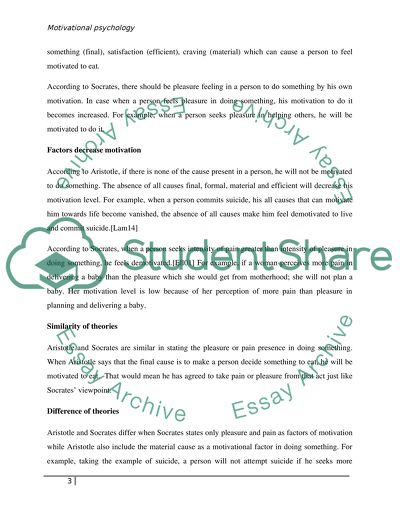Cite this document
(“Motivational Psychology Assignment Example | Topics and Well Written Essays - 1250 words”, n.d.)
Retrieved from https://studentshare.org/psychology/1643511-motivational-psychology
Retrieved from https://studentshare.org/psychology/1643511-motivational-psychology
(Motivational Psychology Assignment Example | Topics and Well Written Essays - 1250 Words)
https://studentshare.org/psychology/1643511-motivational-psychology.
https://studentshare.org/psychology/1643511-motivational-psychology.
“Motivational Psychology Assignment Example | Topics and Well Written Essays - 1250 Words”, n.d. https://studentshare.org/psychology/1643511-motivational-psychology.


